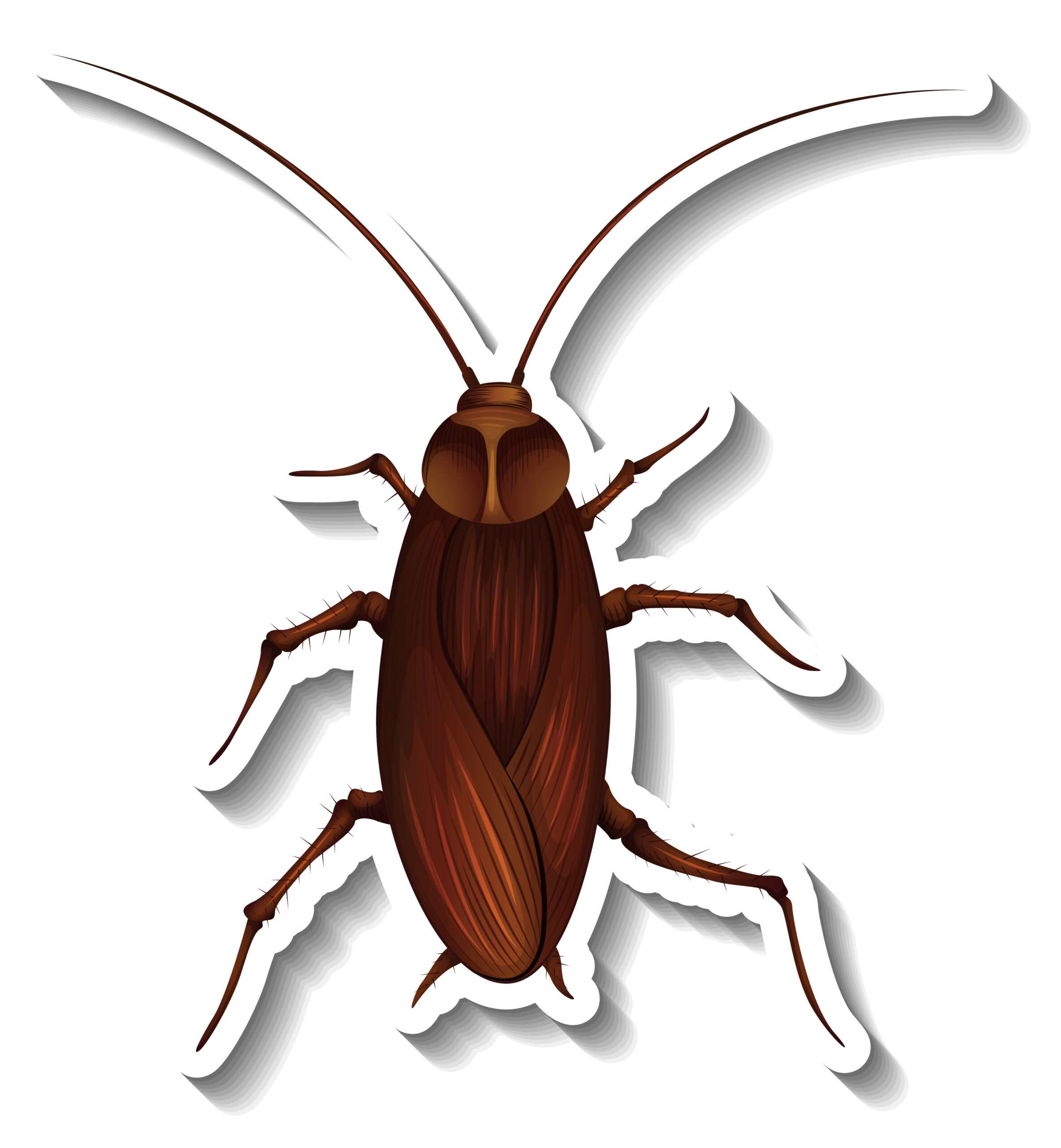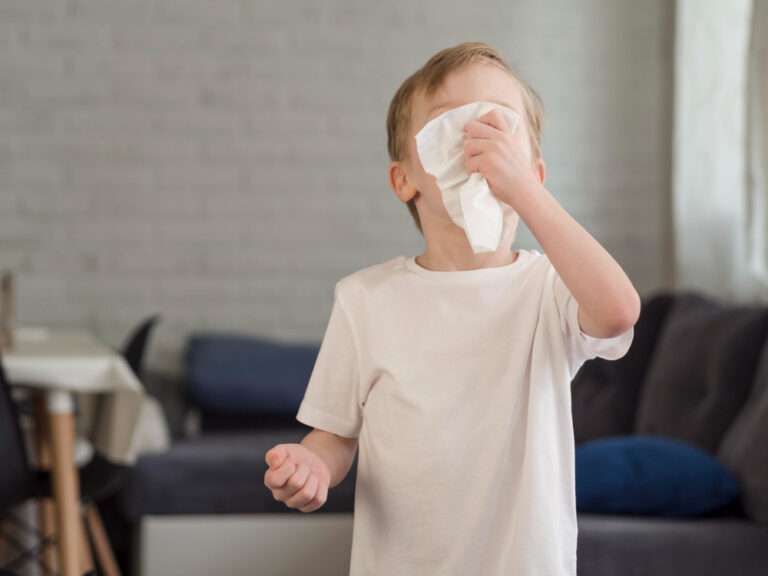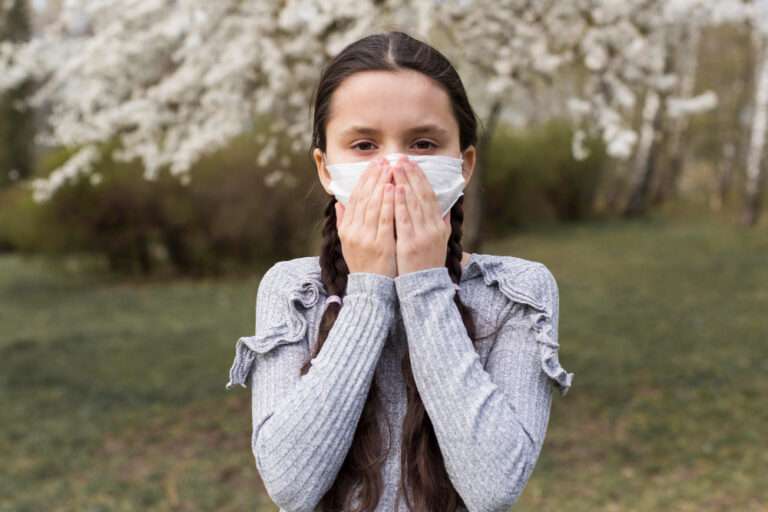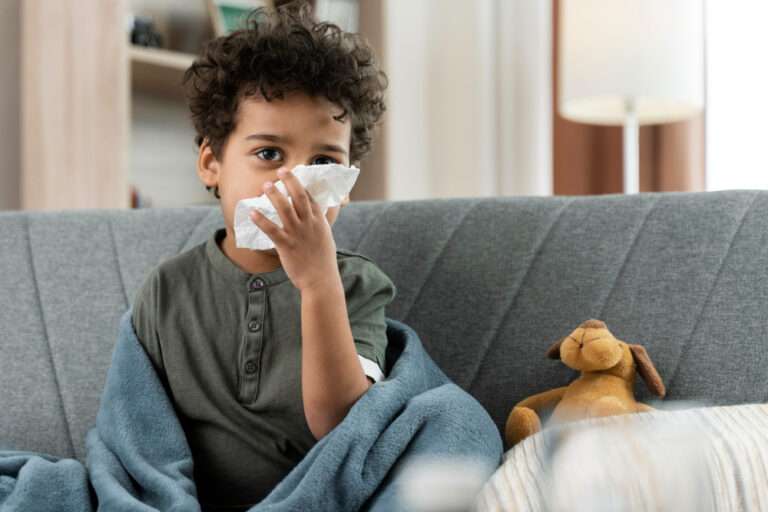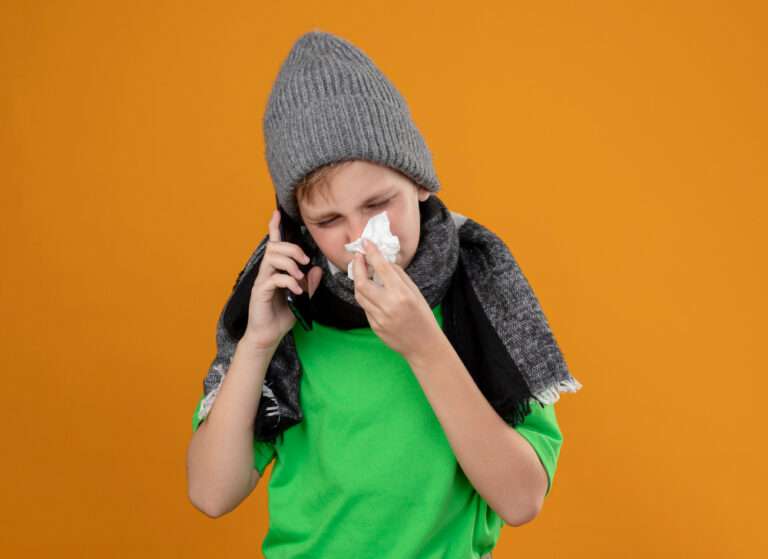Cockroach allergy
A cockroach allergy is an allergic reaction to cockroaches and their droppings. While many people are repulsed by the mere sight of cockroaches, for some individuals, these pests can trigger significant allergic reactions and even exacerbate asthma symptoms. Here’s an overview:
Causes:
- Cockroach allergens: Cockroach allergens are proteins found in cockroach feces, saliva, body parts, and shed skins. When these particles become airborne, they can be inhaled and trigger allergic reactions.
- Environmental exposure: Living in environments where cockroaches are prevalent, such as urban apartments or homes in warm climates, increases the risk of developing an allergy to cockroaches.
Symptoms: Cockroach allergy can manifest as a variety of symptoms, some of which resemble common allergic responses to other allergens:
- Sneezing
- Runny or stuffy nose
- Itchy, red, or watery eyes
- Skin rash
- Asthma symptoms, such as coughing, wheezing, shortness of breath, or a tight feeling in the chest
Diagnosis: If you suspect you have a cockroach allergy, consult an allergist. They can conduct specific tests, such as skin prick tests or blood tests, to identify the allergens causing your symptoms.
Management and Treatment:
- Avoidance: The best strategy to manage cockroach allergy is to minimize exposure.
- Ensure your home is clean. Regularly vacuum and reduce access to food by storing it in airtight containers.
- Seal any cracks or holes in your home to prevent cockroach entry.
- Use roach traps or baits to control cockroach populations.
- Medications: Over-the-counter or prescription antihistamines, decongestants, or nasal corticosteroids can help alleviate allergy symptoms.
- Allergen immunotherapy: For those with severe allergies, allergen immunotherapy (allergy shots) might be recommended. This involves regular injections with increasing amounts of the allergens to reduce sensitivity over time.
- Asthma treatment: If cockroach exposure triggers asthma symptoms, medications such as bronchodilators or inhaled corticosteroids may be necessary.
Conclusion: Cockroach allergy is a significant concern, especially in urban settings where these pests are widespread. Apart from their repulsive nature, they pose health risks, especially for those with allergic predispositions or asthma. Regular home maintenance, cleanliness, and appropriate medical intervention are essential in managing this allergy.
------------From our Sponsors------------

